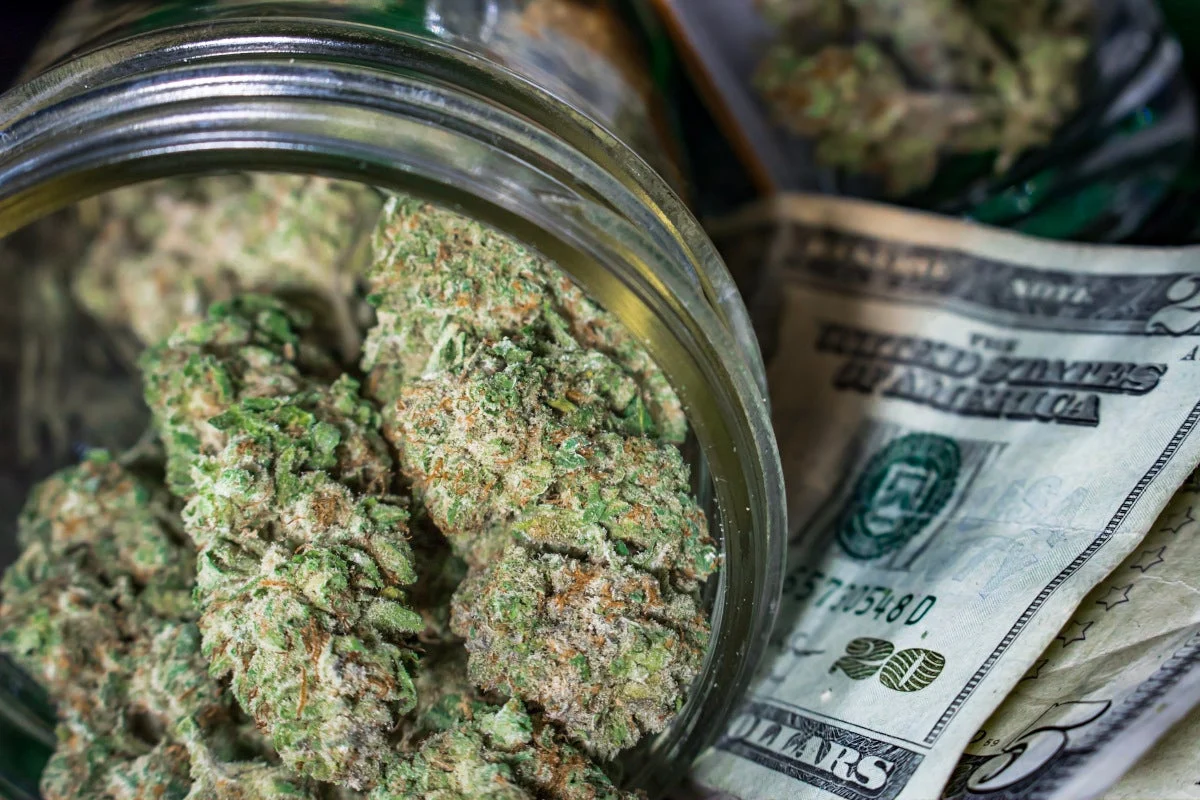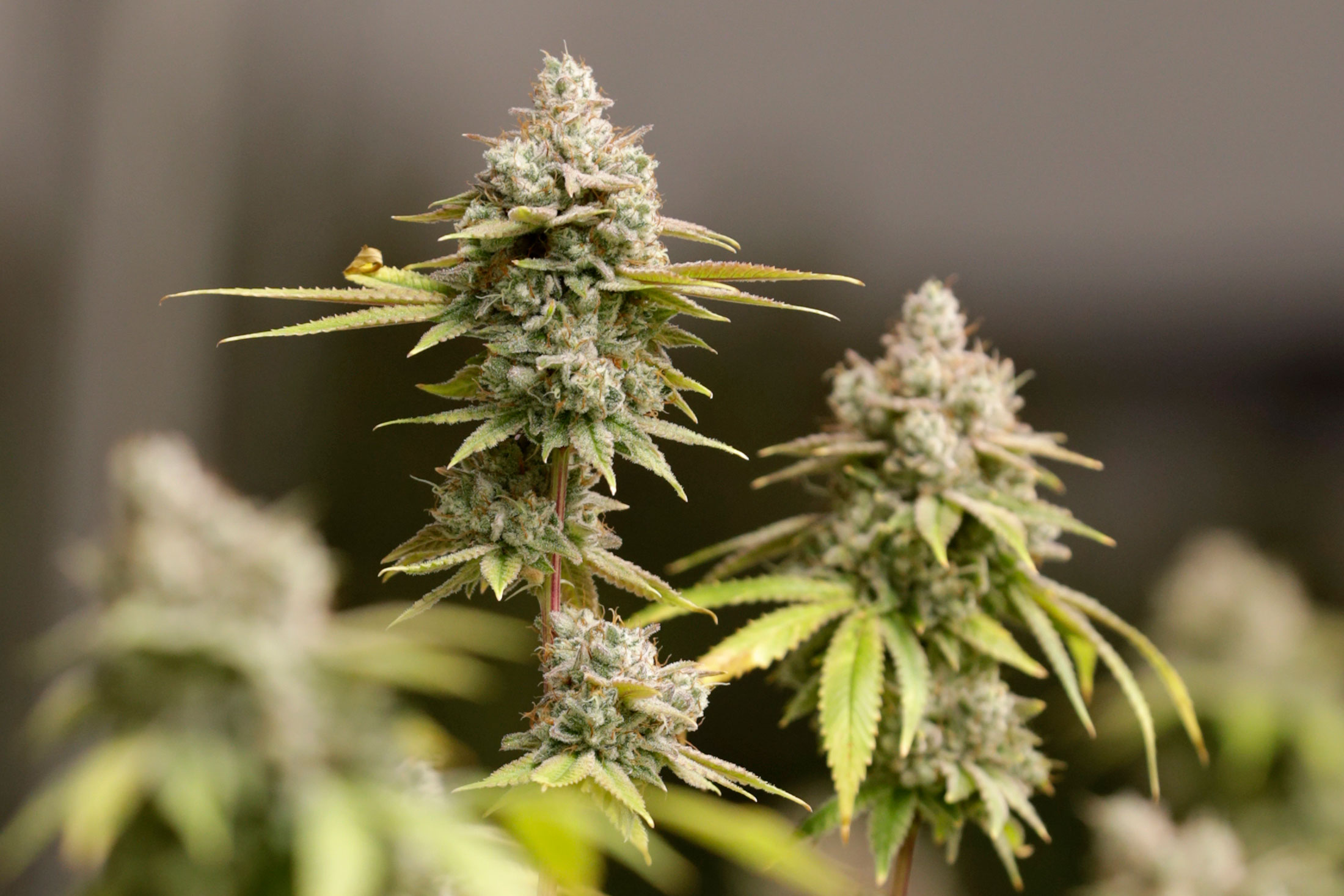
Cannabis has been a controversial plant for decades, with many countries around the world implementing strict laws to prohibit its use and cultivation. In recent years, however, there has been a shift towards the legalization of cannabis, with many countries and states passing legislation to allow for the legal cultivation, sale, and use of cannabis for medicinal and recreational purposes. While the legalization of cannabis has brought many benefits, it has also had social and economic impacts worth considering. This blog post will take a closer look at the social and economic effects of cannabis legalization.
Table of Contents
Economic benefits of cannabis legalization

Source: fool.com
One of the most significant economic benefits of cannabis legalization is the creation of new jobs and business opportunities. The cannabis industry is a rapidly growing sector, with many opportunities for entrepreneurs to start their own businesses in areas such as cultivation, retail, and manufacturing. In states where cannabis is legal, there has been an increase in the number of cannabis-related businesses, and this trend is expected to continue as more states legalize cannabis.
Another economic benefit of cannabis legalization is the potential for increased tax revenue. Many states that have legalized cannabis have implemented taxes on the sale of cannabis products, and this revenue can be used to fund various government programs and initiatives. In states where cannabis is legal, there have been reports of significant increases in tax revenue, with some estimates suggesting that the cannabis industry could generate billions of dollars in tax revenue each year.
Social benefits of cannabis legalization

Source: forbes.com
In addition to the economic benefits, there are also several social benefits associated with the legalization of cannabis. One of the most significant social benefits is the potential to reduce drug-related crime. In states where cannabis is legal, there has been a reduction in drug-related arrests and incarceration rates, as people are no longer criminalized for possession or use of cannabis. This can help to reduce the burden on the criminal justice system and improve public safety.
Another social benefit of cannabis legalization is the potential to improve public health. Cannabis has been shown to have medicinal properties that can help to alleviate a variety of health conditions, including chronic pain, epilepsy, and multiple sclerosis. By allowing patients to access cannabis legally, it is possible to improve their quality of life and reduce their reliance on other, potentially more harmful, medications.
Social challenges of cannabis legalization

Source: thrillist.com
While there are many potential social benefits of cannabis legalization, there are also some challenges that need to be considered. One of the main challenges is the potential for increased cannabis use and abuse, particularly among young people. While there is evidence to suggest that cannabis use is not necessarily harmful, there are concerns that the legalization of cannabis could lead to increased cannabis-related problems such as addiction and mental health issues.
Another social challenge of cannabis legalization is the potential for increased traffic accidents due to impaired driving. While cannabis impairment is difficult to measure, there is a risk that the legalization of cannabis could lead to more people driving while under the influence, which could increase the risk of accidents on the roads.
Economic challenges of cannabis legalization

Source: cpr.org
In addition to the social challenges, there are also some economic challenges associated with the legalization of cannabis. One of the main economic challenges is the potential for increased costs related to regulation and enforcement. While the cannabis industry has the potential to generate significant tax revenue, there are also costs associated with regulating and enforcing the industry, which could offset some of these benefits.
Another economic challenge of cannabis legalization is the potential for increased competition and market saturation. As more states legalize cannabis, the market is likely to become more competitive, and this could lead to price pressures and reduced profits for businesses in the industry.
Conclusion
The legalization of cannabis has brought with it many social and economic benefits and challenges. While the cannabis industry has the potential to create new jobs and business opportunities and generate significant tax revenue, there are also concerns about the potential for increased cannabis use and abuse and the costs associated with regulating and enforcing the industry.
To address these challenges, it is important for governments and policymakers to carefully consider the social and economic impacts of cannabis legalization and implement appropriate measures to mitigate any negative effects.
If you are interested in getting involved in the cannabis industry, be sure to check out Hypno Seeds for a superior selection of feminized and auto-flowering cannabis seeds.







